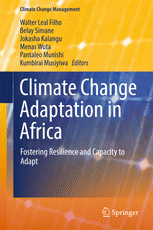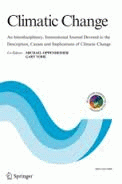Green Growth (GG) has emerged as a global narrative, replacing to some extent and integrating earlier sustainable development narratives, while Reducing Emissions through avoiding Deforestation and forest Degradation (REDD+) has developed as major item in climate change negotiations. GG and REDD+ are both considered important strategies and are often seen as synergistic in achieving major changes in economic, regulatory and governance frameworks. Of concern, however, is that GG is sometimes seen as greenwashing of economic activities (which could include forest conversion to other land uses) by an oversimplified presentation of win-win solutions without challenging the actual root causes of unsustainable growth. How GG and REDD+ can contribute to transformational change in policy and practice depends on the relationship between these narratives, especially whether their adoption in national level policies manifests synergies or discord. In this paper, we will answer this question through analysing: (1) how the two narratives have unfolded in Vietnam and Indonesia and to what extent REDD+ and GG rhetoric include concrete policy objectives; (2) what issues policy actors perceive as challenges for their implementation. A comparative, mixed methods approach was employed to analyze how REDD+ and GG are framed in national policy documents. This analysis was supported by data from interviews with policy actors in both countries in two points of time, 2011/12 and 2015/16. The findings highlight the challenges for implementation of both REDD+ and GG as individual policy programmes, and the dilution of the REDD+ agenda and decision makers’ confusion about a GG strategy when these narratives are joined and translated by decision makers. Actors still perceive development and environmental objectives as a zero-sum struggle, favouring a development narrative that might lead to neither REDD+ nor green policy action. We conclude that REDD+ and GG can go hand in hand, if there is action to tackle deforestation and degradation.
Download:
DOI:
https://doi.org/10.1505/146554817822407385
Altmetric score:
Dimensions Citation Count:

























